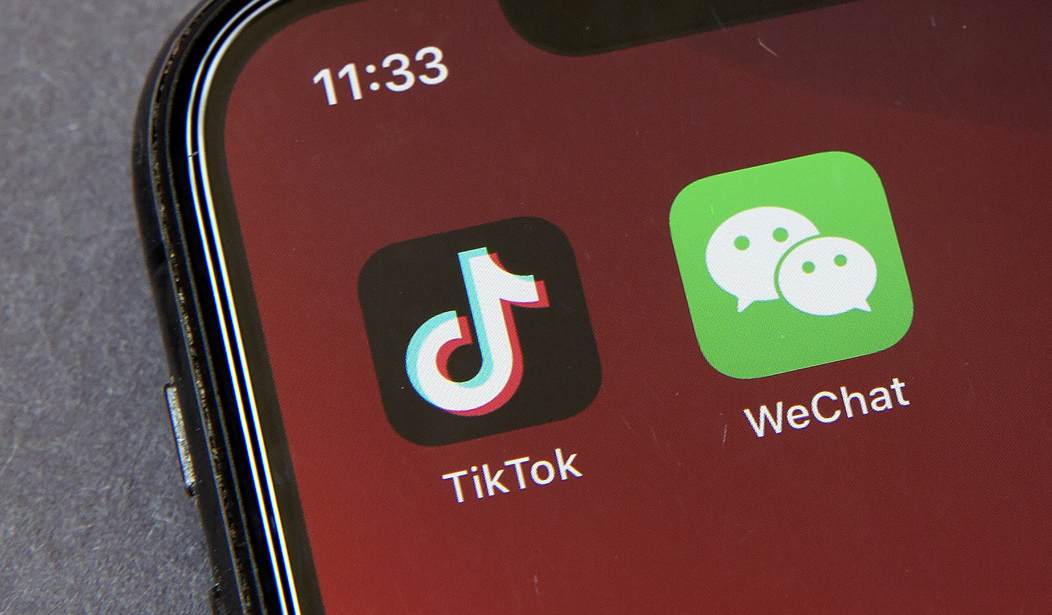There is now a broad consensus that cell phones and schools don't mix. As peer-reviewed studies and surveys, such as this one on public school leaders by the National Center for Education Statistics, demonstrate, there is a growing bipartisan consensus that smartphones do not belong in the classroom.
Frederick M. Hess, the director of education policy studies at the American Enterprise Institute, told The Morning Dispatch, “The research on this isn’t ‘gold standard.’ Partly, it’s really hard to study this.” Hess said. “People can certainly raise reasonable questions about causation and some of the ins and outs of the data. But the patterns are painfully clear.”
Half of the states now have laws banning or regulating the use of cellphones. And several more are seriously considering them. Red and blue states, school districts, Republicans, Democrats, and independents have finally recognized the enormous distraction these devices pose to kids.
Banning cellphones is going to be difficult. So is doing anything to protect children. In this case, we're finding out that as hard as it may be, as unpopular as it might be with some parents and children, we have no choice but to see it through.
As early as 2021, approximately 75% of schools had bans of varying degrees in place. But the bans weren't enforced. More than 97% of kids still used their phones during school.
“We kind of had this assumption, like many parents, that schools had policies in place and they were being enforced, and what really happened after COVID was that most schools stopped enforcing the policies and became more relaxed,” Sabine Polak, a co-founder of a nonprofit called the Phone-Free Schools Movement, said. “It just quickly seemed to spiral out of control.”
The enforcement problem has been addressed, as many schools require students to hand in their phones upon entering the building. The phones are kept in a lockbox or a pouch that the child can pick up when they leave. Other schools allow personal lockboxes.
The message is being sent loud and clear. Where previous cellphone bans were honored in the breach, this time, school administrators are serious.
Jonathan Haidt, a New York University social psychologist, wrote a massive best-selling book on modern childhood, "The Anxious Generation," which shows an alarming fall-off in verbal test scores and mental health issues since 2014. It was that year that Haidt began sounding the alarm about smartphones not only in schools.
Jessica Seinfeld, wife of comedian Jerry Seinfeld, was one of the initial cheerleaders for Haidt's book.
“We have the first generation of kids who are native to phones and social media,” Seinfeld told The Free Press. She added that “the addiction got really real” during COVID. “I can’t tell you how many moms have come up to me and said, ‘My kids hate me because I won’t let them get a phone, and I’m the only one.’ ”
Several states have started implementing stricter rules around phone use, but there is debate as to how far these measures should go. New York’s ban, for example, takes a “bell-to-bell” approach, requiring school districts to create a plan to store students’ cellphones for the entire school day. Florida, on the other hand, allows high schoolers to use phones outside of the classroom, and Georgia only extended its ban to elementary and middle school students. Opinions about restrictions vary—while 68 percent of adults want to ban phones in class, that number plummets to 36 percent when asked whether the ban should be in place for the entire school day. Parents against a full-day ban are most concerned about being able to reach their child during the school day, an issue that arises regularly in discussions about cellphone restrictions.
"But the biggest challenge with phone bans is enforcement, and states haven’t found a one-size-fits-all solution," writes the Dispatch. Kids, being kids, are coming up with ever more inventive ways to avoid the bans. The fact that we, as a society, are making an effort to address one of the most critical issues we face is encouraging.
This is a generational struggle to undo some of the damage to a child's psyche, mental health, and educational attainment caused by a piece of technology that has altered the face of humanity.
And may yet lead to our destruction.
Editor’s Note: Don't miss our massive Patriot Sale as we celebrate Flag Day and our great U.S. Army’s 250th and President Trump's birthdays! Get 74% off a VIP membership with promo code POTUS47.










